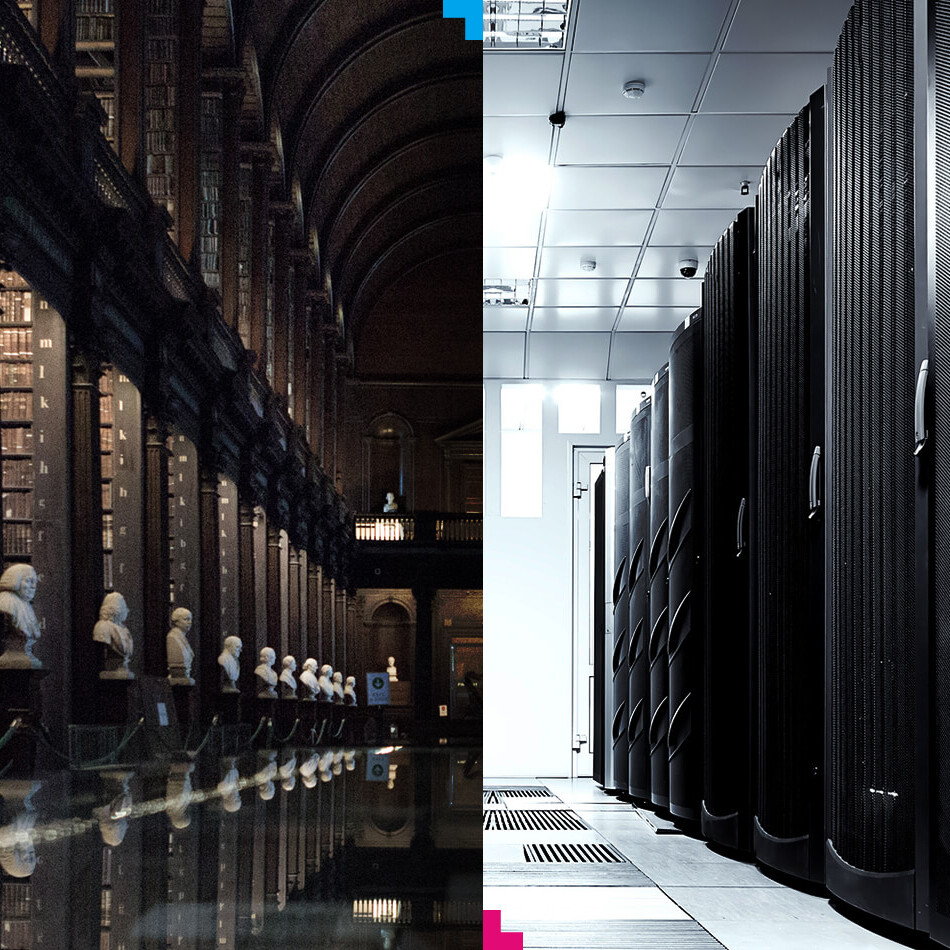Campus networks are custom mobile networks for the industry. They allow machines and processes to connect with each other without any delays.
A campus network is a combination of the public mobile network and a private network. Both networks jointly cover a defined company site, a university, or individual buildings. The private network cannot be accessed from outside. That means the campus network’s capacity can only be used by the customer at any time. Another reliable feature of campus networks is the period within which the network reacts, which is called the latency or response time in the network. That allows machines to communicate with one another or with a data center, for example, without delays. Thanks to the low latency, even vehicles can move across company premises autonomously using sensors.
As a result of the provision of the campus network together with the public mobile network in parallel, external applications are also possible on the campus with no problems. One example is remote maintenance of machines performed by manufacturers.
Additional advantages of campus networks: High level of data security, fast data transfer, and high reliability. Qualities that are essential for digitalized production sites.
